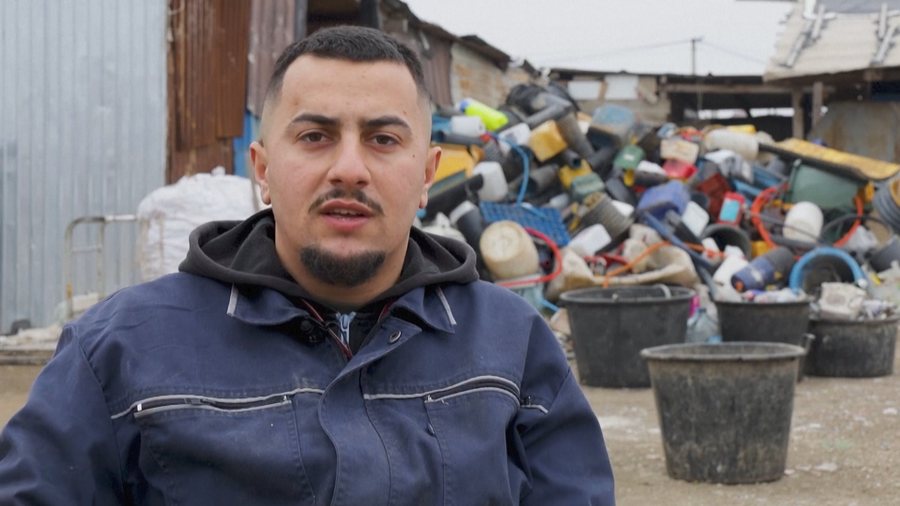
Kosovo businesses are at risk due to the freezing of USAID funds. This is what the Reuters news agency writes, which dedicates a report to the issue. Kenan Gashi cuts off the limbs of old dolls in his shop in Kosovo and throws them into machines donated by the US government, which shred and clean the plastic so that it can be sold for reuse.
Gashi's recycling business in Fushë-Kosovo Polje was transformed when it secured equipment from the international aid agency, USAID, two years ago, prompting him to make plans to hire more employees. But now Gashi is worried. More than a third of the promised equipment, worth $130,000, has yet to arrive.
President Donald Trump's administration has frozen USAID funds and is working to drastically reduce American aid around the world, based on his agency, America First, writes A2 CNN.
"We have already secured 70 percent of the machinery, but now we are stuck here and this was supposed to be a big project. The plan was to have 20 employees in the future. Currently there are five of us and I don't know what will happen," says Gashi.
Another recycler, Qazim Grashtica, digs through trash around Pristina every day, searching for plastic materials. USAID has provided him with a small tractor and a plastic crushing machine. This assistance has increased his income from 5 euros to 20 euros a day.
Last week, in a statement, US President Donald Trump cited donations for recycling in Kosovo as an example of spending the government aims to reduce. “Two million dollars to develop sustainable recycling models to increase socio-economic cohesion among marginalized communities in Kosovo, the Ashkali and Egyptian ones. We are talking about hundreds of billions of dollars.”
The Pristina-based think tank GAP says USAID was currently managing 17 projects worth more than $156 million, but it is unclear how much of the funds have been disbursed. Residents and politicians say Kosovo is one of the poorest countries in the world and remains dependent on international aid.
At risk are funds intended to strengthen democratic institutions, accelerate the transition from polluting coal to renewable energy, and protect marginalized groups. (A2 Televizion)











